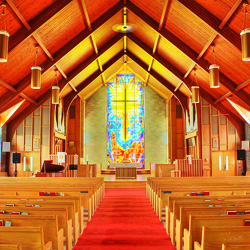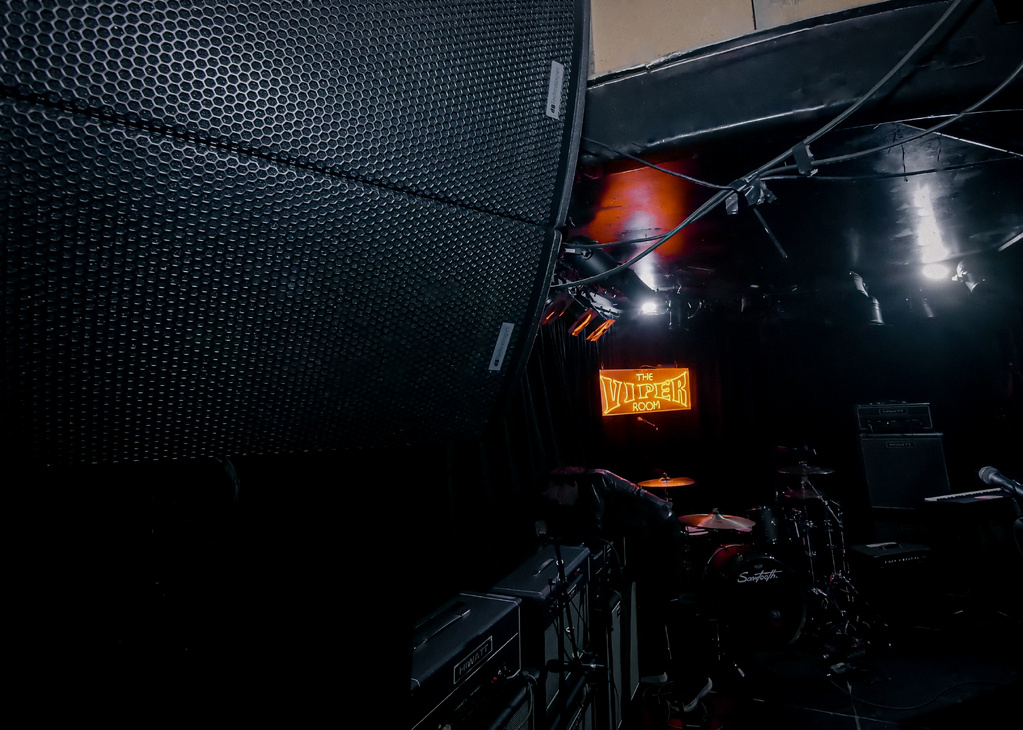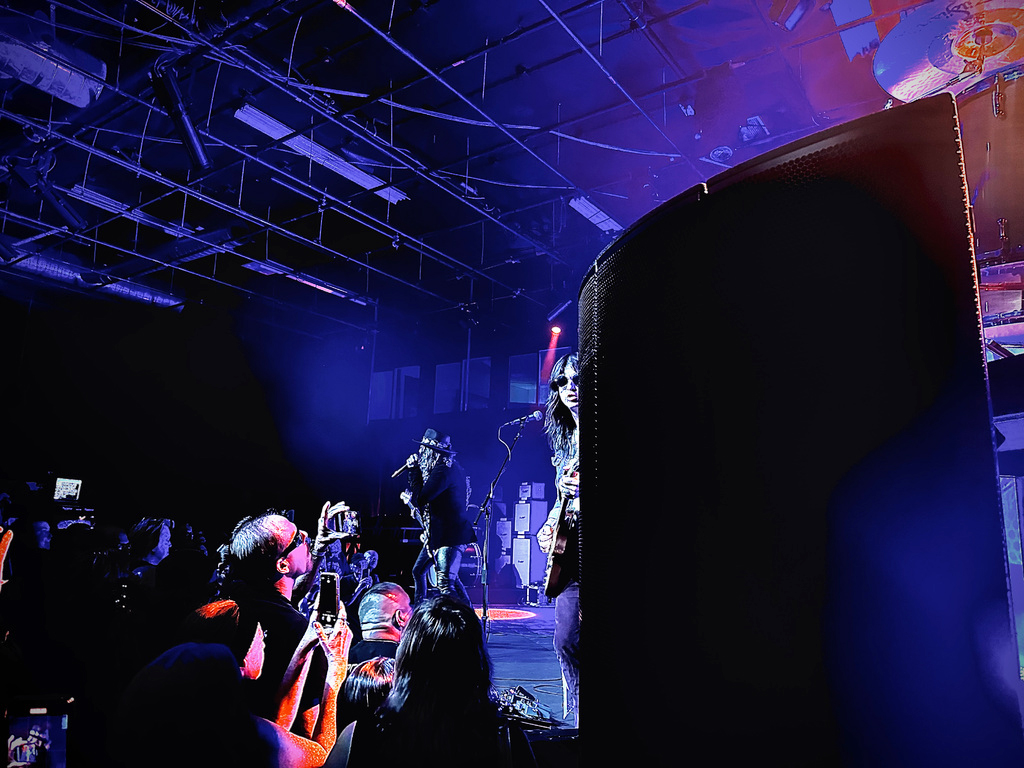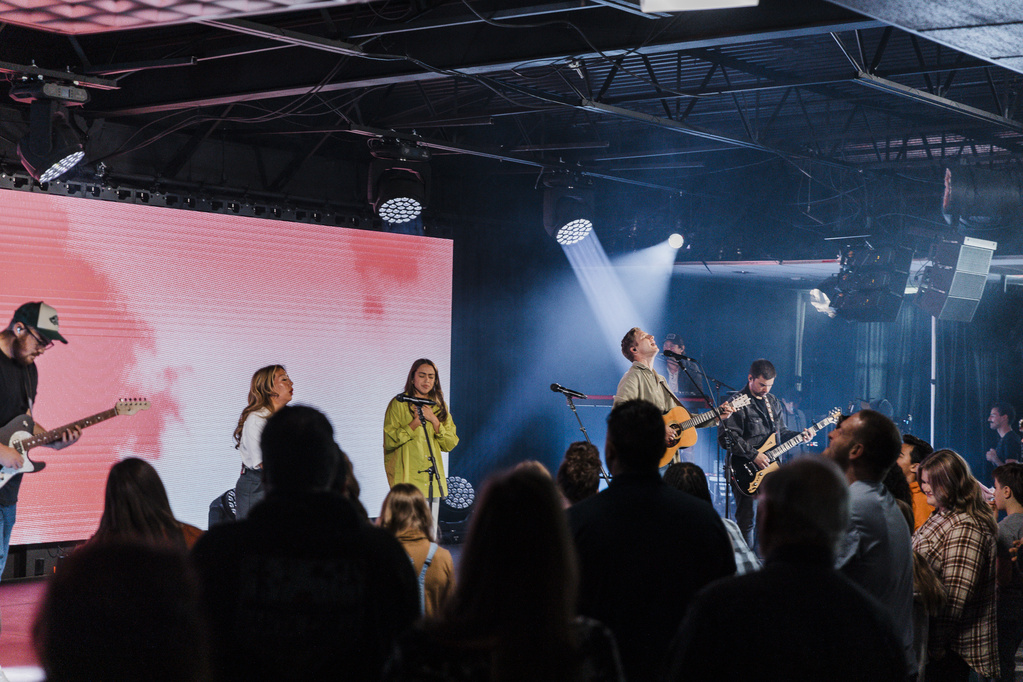One of the most discussed topics in the world of church sound and A/V is training.
Integrators are installing more sophisticated and complex systems as more churches are incorporating A/V and production into their weekly services. Churches spending big dollars on these installs are expecting big results.
But a big problem rears it ugly head as volunteers will little or no training try to operate these highly technical systems.
Whose Problem Is It?
The technical advancements that have happened in the church market over the last 20 years have been astounding.
The average church has gone from a six/eight channel mixer to 32 channels, and from maybe one wireless lavelier microphone to eight or more wireless systems of different types. The most profound change has been the move from piano, organ and a single “minister of music” leading worship to a much more contemporary worship style.
Today, fir a typical worship service, it’s common to find a worship team consisting of four or more vocalists, worship leader, guitars (electric, acoustic and bass), keyboards, piano, and drums. This can also include a flute player, violinist, and even a brass section.
Yes the typical worship has changed. Now add in to this the drama productions with four/five actors and numerous sound effects. At times, a church can look and fell more like a cross between Broadway, a touring concert and a motivational seminar.
I’m not going to go on and on with a dialogue as to what is proper and appropriate in this regard—it’s something for each congregation to decide based on their mission and calling.
The point I’m focusing on is that in 20 or so short years, the church has had an expectation placed on it to provide relevant, entertaining, uplifting preplanned programming. And with commensurate production quality to match.
The A/V industry has not necessarily had a great track record on training the end-user. In fact, it doesn’t even have a great track record of training its own people. Up until recently, and the attempt at NICET certification and now C-EST, the industry was primarily made up of home-grown, self-taught personnel. I would even argue that it’s still that way because many integrators do not take advantage of the training offered by Industry associations like NSCA.
In addition, a decent percentage of integrators installing systems in churches have no real experience in what the demands of a production-orientated church service actually are.
A friend of mine who has been a worship leader at churches that have spent millions of dollars on technical equipment stated: “It (mixing for church) is not like mixing for a two-hour rock concert. You have a worship team, band, sometimes orchestra, the spoken word, video elements, lots of transitions, drama, loud moments, quiet moments, even silence…and then to top it off you have unpaid volunteers who are the talent on the stage.”
I would add to that in most cases you also have an unpaid volunteer at the mix position.


















